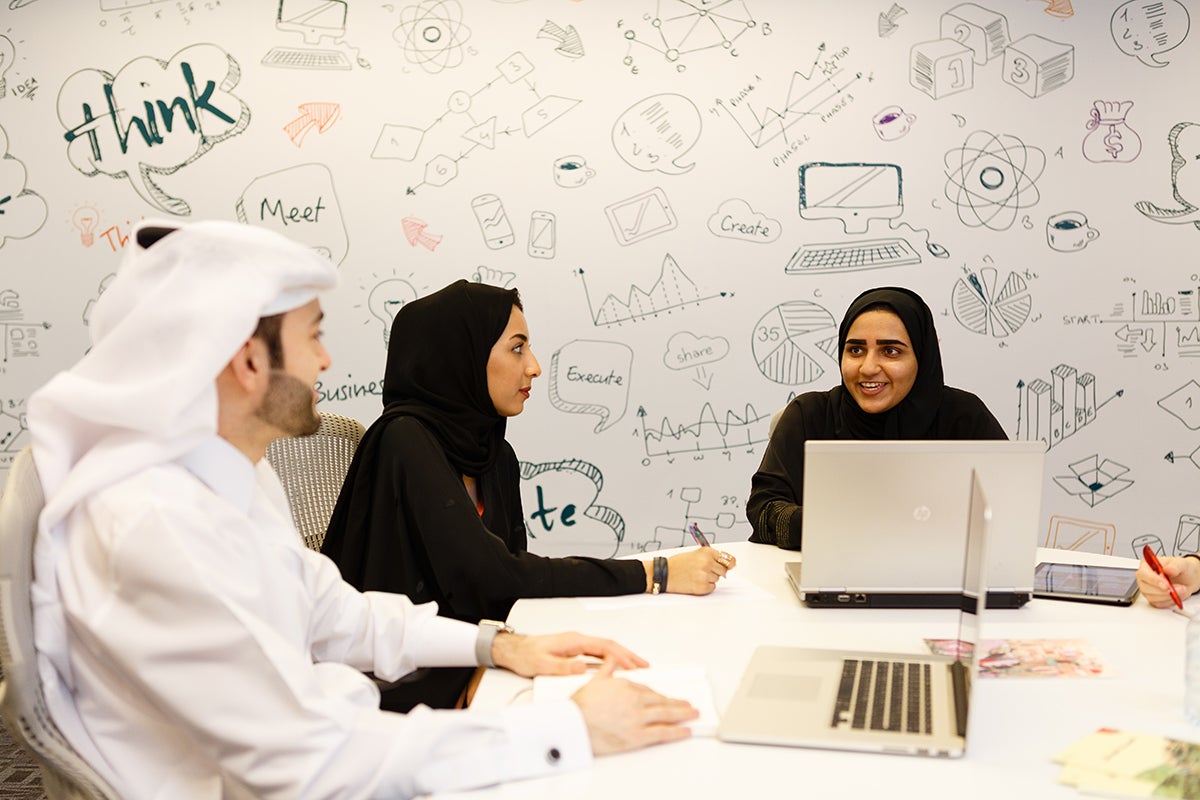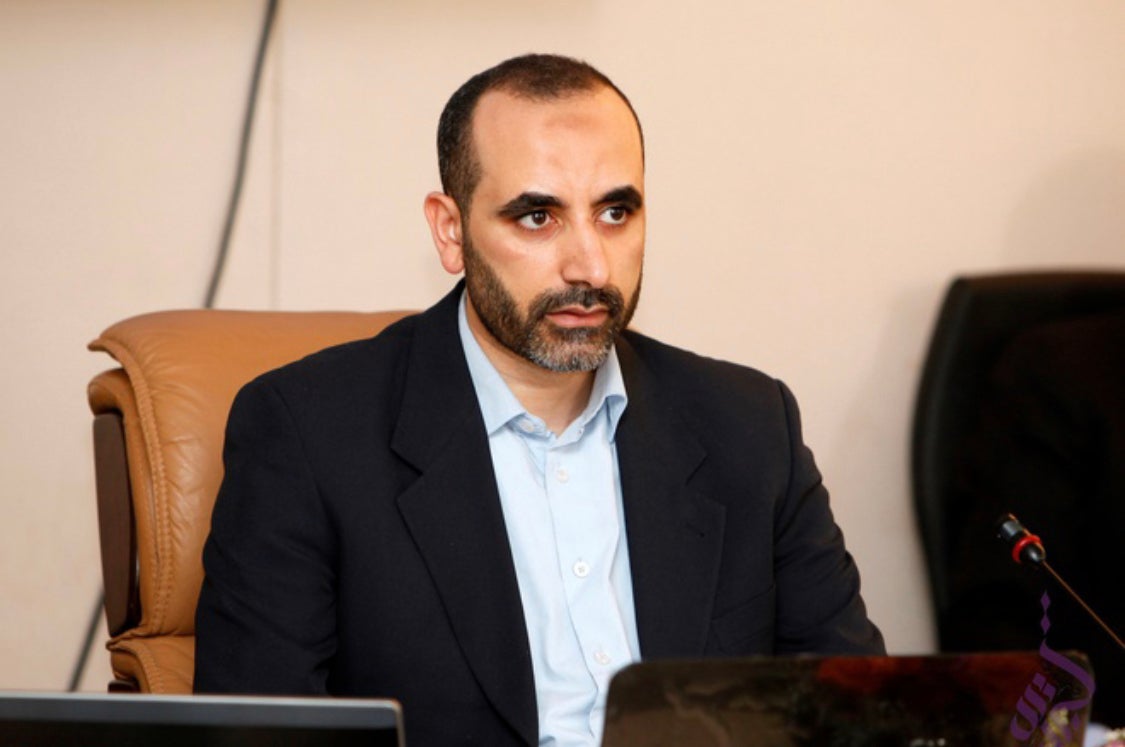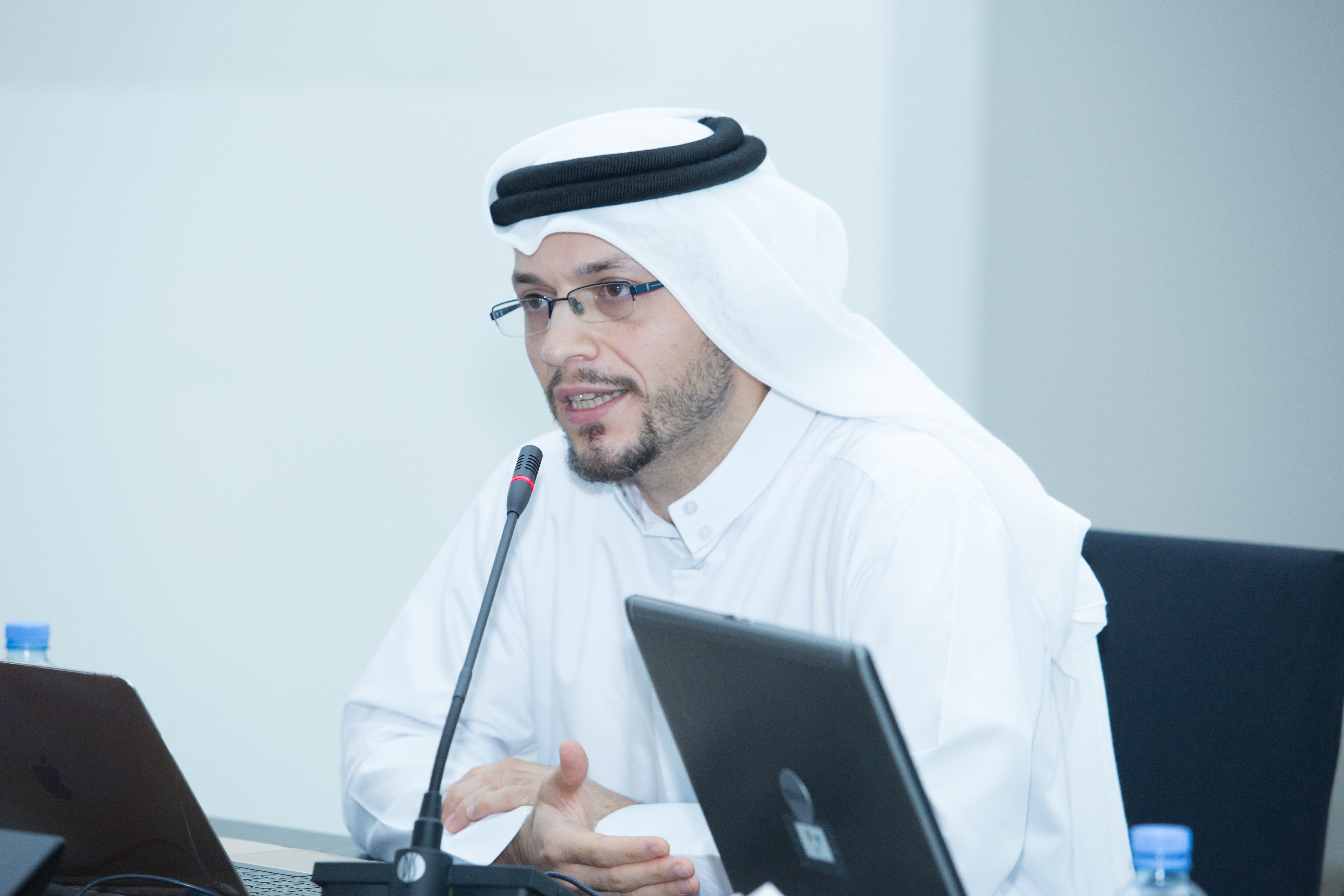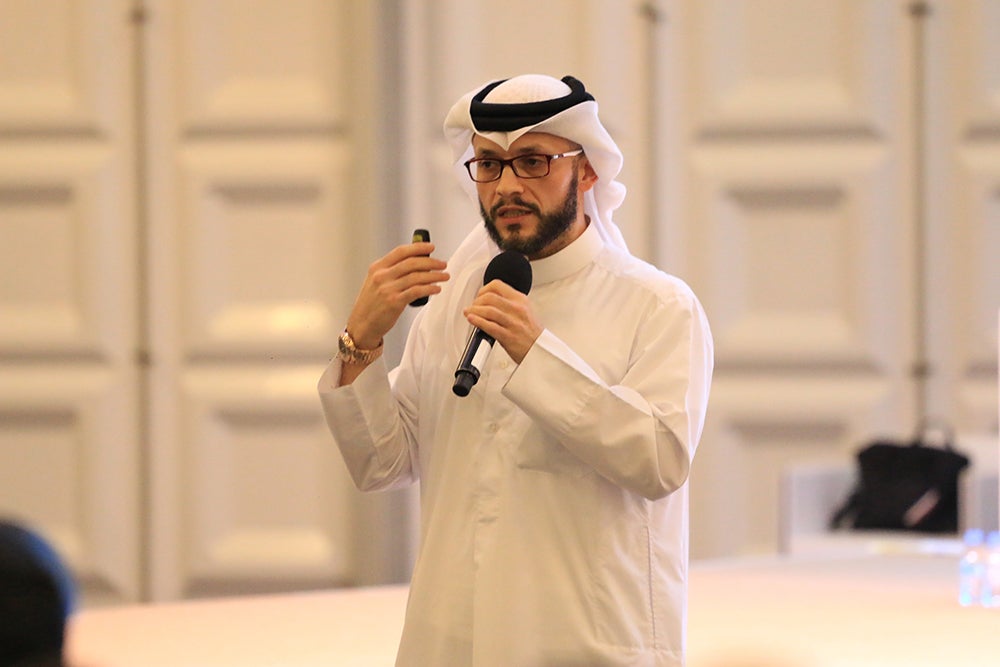By Wardha Mamukoya and Sabika Shaban
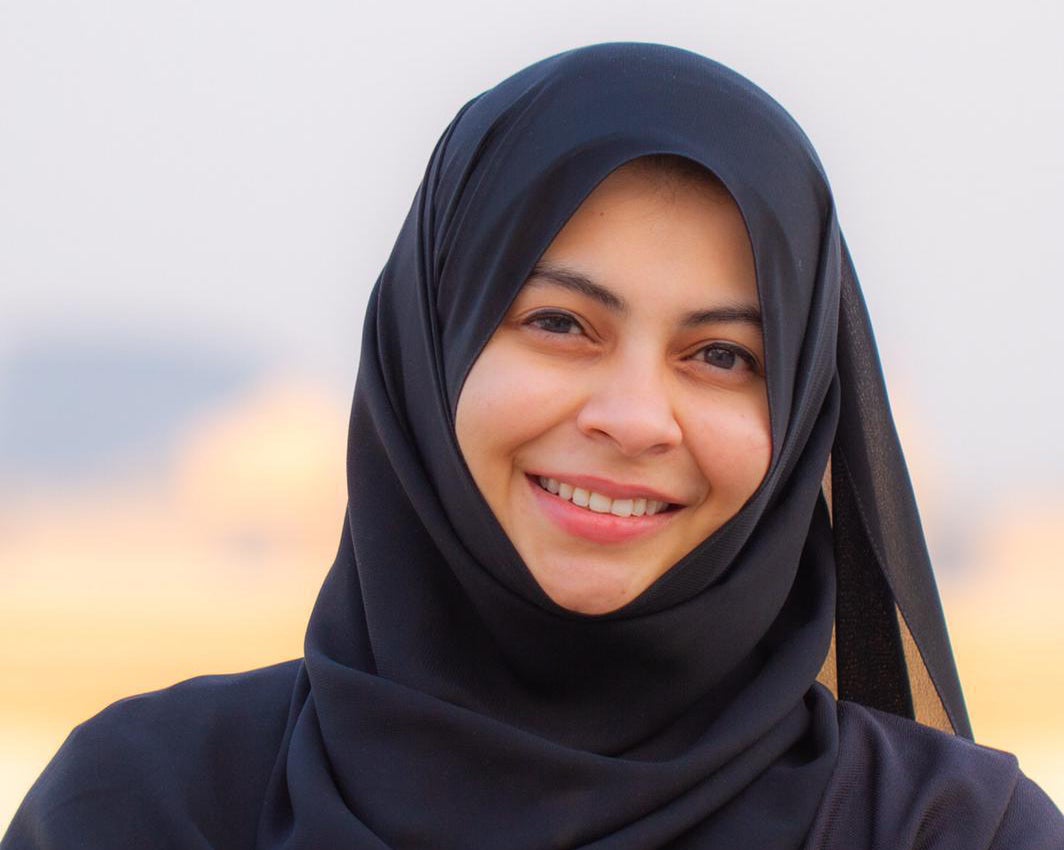
Ramadan typically brings to mind month-long fasting rituals, recitations of the Holy Qur’an, and daily evening prayers, all of which are enacted in an effort to strengthen our spiritual discipline. While there are genuine actions taken to enhance our Imaan (faith), we often find ourselves ironically working just as hard to diminish the very spiritual discipline we strive for.
Shifting Our Focus
One of the sole purposes of abstaining from food and drink is to shift our minds’ focus from base desires of the body towards replenishing our spiritual capacity. We lose out on critical opportunities for spiritual growth and personal development when we strategize excessively on aiming to produce the most lavish iftar and suhoor spreads and making this month more about food than spiritual nourishment.
It is of little wonder that Ramadan is a month that generates potentially the most excessive food wastage in the year. A hadith by the Prophet Muhammad (PBUH) states, “He is not a believer who eats to his fill while his neighbor is hungry”; yet one-third of all food produced globally is wasted, which is equivalent to feeding the world’s hungry population four times over (ReliefWeb). How can we claim to be the ummah of the Prophet (PBUH) when we have enough food to feed landfills, but not people? How do we reconcile the fact that the number of undernourished
people is rising in the same global space as food overproduction?
To understand this in relatable terms, households play a consequential role in the amount of food wastage generated by a country. According to the Food Waste Index Report 2021 by the United Nations Environment Programme (UNEP), estimates suggest households in Qatar waste an average of 95 kg of food per year. Studies on food wastage in Qatar by EcoMENA suggest almost half of all food prepared during Ramadan ends up in the landfill—despite food distributions to the needy being at its peak. However, greater efforts need to be made at both grassroots and institutional levels. As a reinforcement, Qatar stands determined as a keen signatory to the United Nations’ Sustainable Development Goals (SDGs), and SDG 12.3 strives to halve per-capita food waste by 2030.
Enabling Green Habits
With social distancing measures in place for the second Ramadan in a row, has this presented an invaluable opportunity to reframe our engagement with the holy month and reconcile our tendencies towards greener habits? Social engagements are at an absolute minimum and as a result, the customary practice of lavish buffets at hotels and restaurants has drastically reduced. We are now spending more time at home as individual or family units. Just for this year, we may have been provided with the needed space to consciously reflect on what we purchase, consume, and discard, in order to embrace these for the following (hopefully less-distanced) Ramadan.
As household units, we can reduce, reuse, and recycle our food waste; put together simple homemade meals; opt to not include single-use plastic cutlery in our meal deliveries; monitor our grocery habits, and have conversations with family members about what Ramadan really means and how a food-based hyper-focus can greatly hamper our ability to worship during this blessed month. We can activate our food consciousness further by holding food outlets responsible for their food waste and enquiring how they manage their surplus. Are these dumped into landfills, resulting in polluting emissions; or shared with the community, leaving a few less souls hungry that night? We can advance our sustainability mission by questioning other eco-habits: are we discarding our trash appropriately whenever we are outside our homes, for instance? Are we performing our wudhu (ablution) without liters of water running through our drains? Are our Ramadan decorations reusable for the following year or meant for the dumpster at the end of the month?
Ultimately, it is time that we internalize the notion that enhancing our Ramadan experience has little to do with the food itself and a lot to do with the building of connections: to strengthen our relationship with God, re-evaluate our interaction with the earth, and by extension engage with the community and ecosystem in environmentally compliant ways.
For starters, let us educate ourselves on our ecological footprint through regional environmentally motivated initiatives like EcoMENA. Connect with Wa’hab, a community-driven initiative with the mission to combat local food wastage practices through grassroots-level food surplus distribution and composting programs. Engage with Sustainability Qatar and like-minded NGOs that provide practical guidance to localized green practices. And most of all, reconnect with the inherent Islamic values of moderation and ecological stewardship (khalifa) to embody what it means to be a greener Muslim and widen the path to His Mercy. Is this not the most central desire in Ramadan?
“… But waste not by excess: for Allah loveth not the wasters.” (6:141)
Wardha Mamukoya is the founder of Wa’hab, a friend of the Maker Majlis network at Hamad Bin Khalifa University (HBKU), while Sabika Shaban is a master’s student of Islam and Global Affairs at HBKU’s College of Islamic Studies and its Academic Journals and Publications Specialist.
This article is submitted on behalf of the author by the HBKU Communications Directorate. The views expressed are the author’s own and do not necessarily reflect the University’s official stance.




